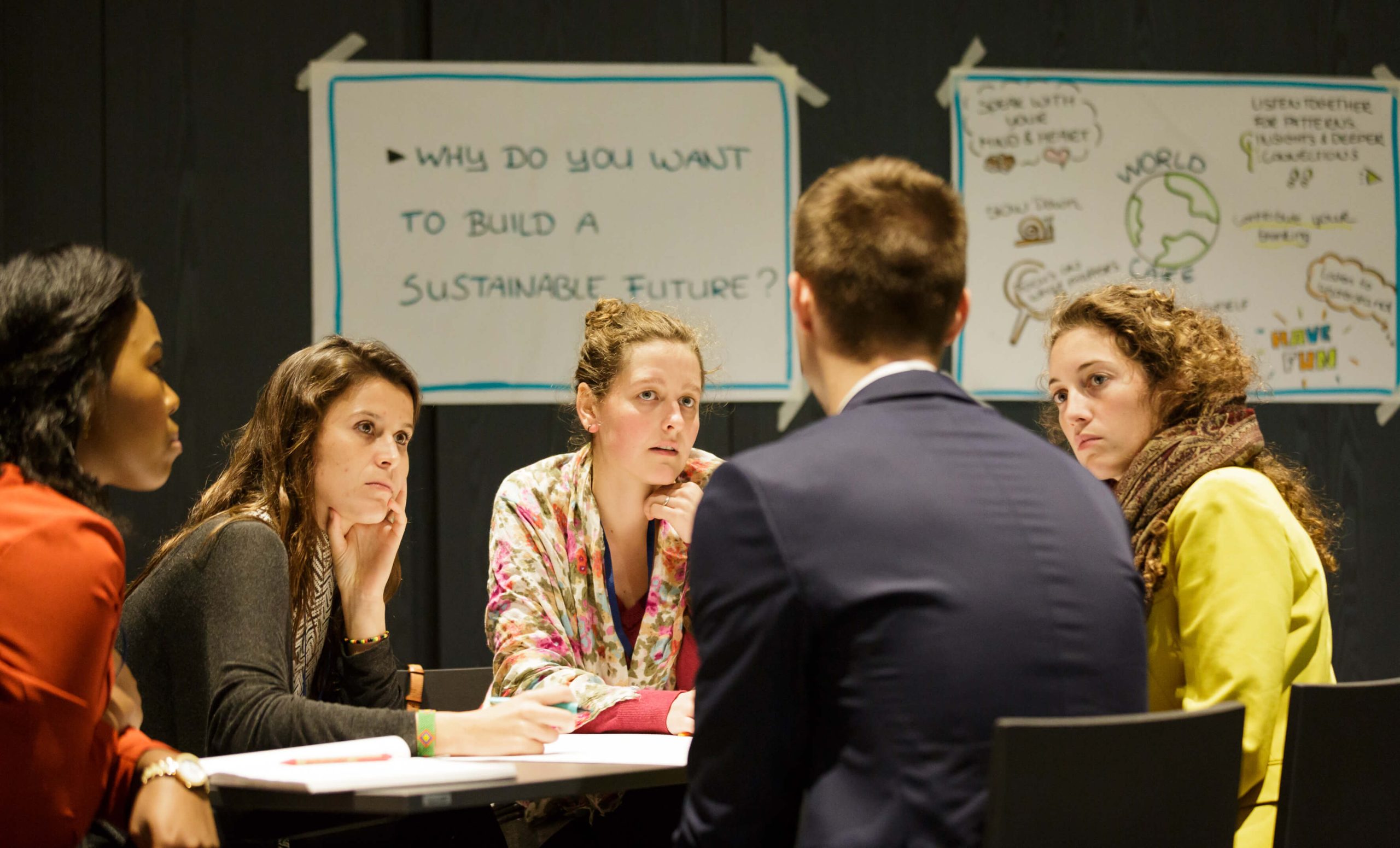Veranstalter
Veranstaltung des Rates
Veranstaltungsort
Berlin
The 26th EEAC Annual Conference is dedicated to identifying key leverages for sustainability transformation and to foster our common European debate on the implementation of the SDGs in Europe.
